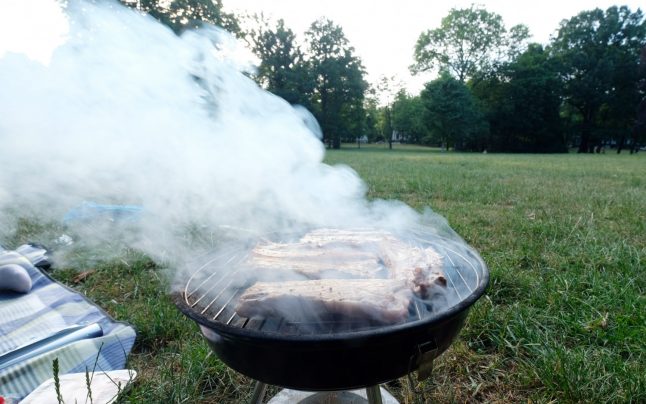Measurements had shown a significantly increased CO concentration in the apartment.
Meanwhile, a barbecue evening for a family in Münster on Friday also ended in several hospital visits.
A 15-year-old girl jumped into action and helped save 11 people, after a carbon monoxide poisoning scare was sparked when a charcoal barbecue grill was brought into a home.

Member comments